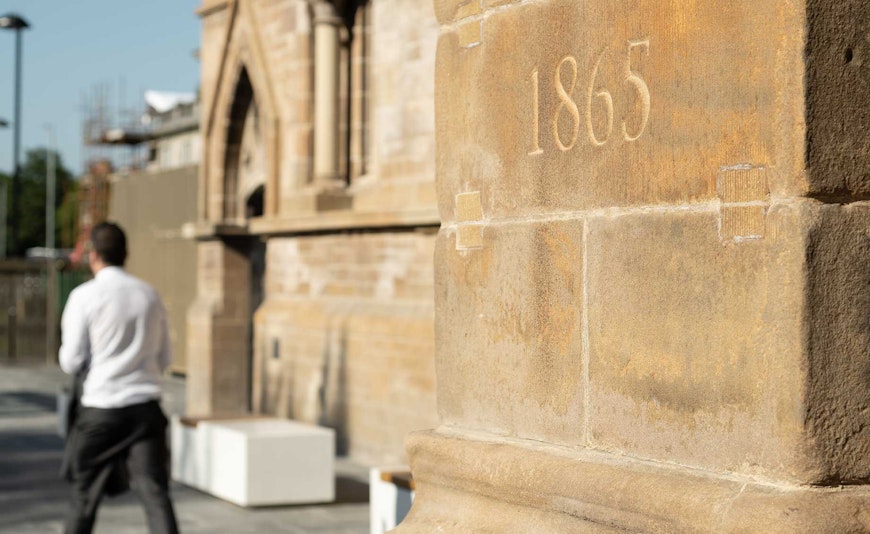Route 1: Apprenticeships
You can apply to Curtins for an Apprenticeship which will offer you practical, work-based learning, recognised qualifications and a weekly training wage from the age of 16.
Structural engineers specialising in conservation and heritage play a very important role in protecting and restoring important old structures, such as castles and cathedrals. They have specialist knowledge of traditional building materials and techniques, which means that they can advise on the best way of sympathetically repairing historic structures.
They also get involved in project to sustainably refurbish and retrofit old buildings so that they can be used for new purposes and their stories can continue.
You can apply to Curtins for an Apprenticeship which will offer you practical, work-based learning, recognised qualifications and a weekly training wage from the age of 16.
Engineering degrees normally require an A-level or equivalent in maths, combined with other subjects depending on the discipline:
Maths + Physics / Chemistry / Geography / Economics.
Design & Technology and Computer Science are also useful.
You’ll also need five GCSEs grade C/4 or above including Mathematics, English and Science.
With the theme for 2023 being ‘Skills for Life’ there is no better time to reflect on how apprenticeships support in the unlocking of individuals potential through knowledge development and transferable skills that support a rewarding and successful career.
It’s National Apprenticeship Week and we’re highlighting the value and positive impact our apprentices have on their projects, as well as the ‘skills for life’ they have developed in their programme.
Someone asked me recently how it came to pass that I chose a career in engineering, and the answer is; ‘complete fluke’.




